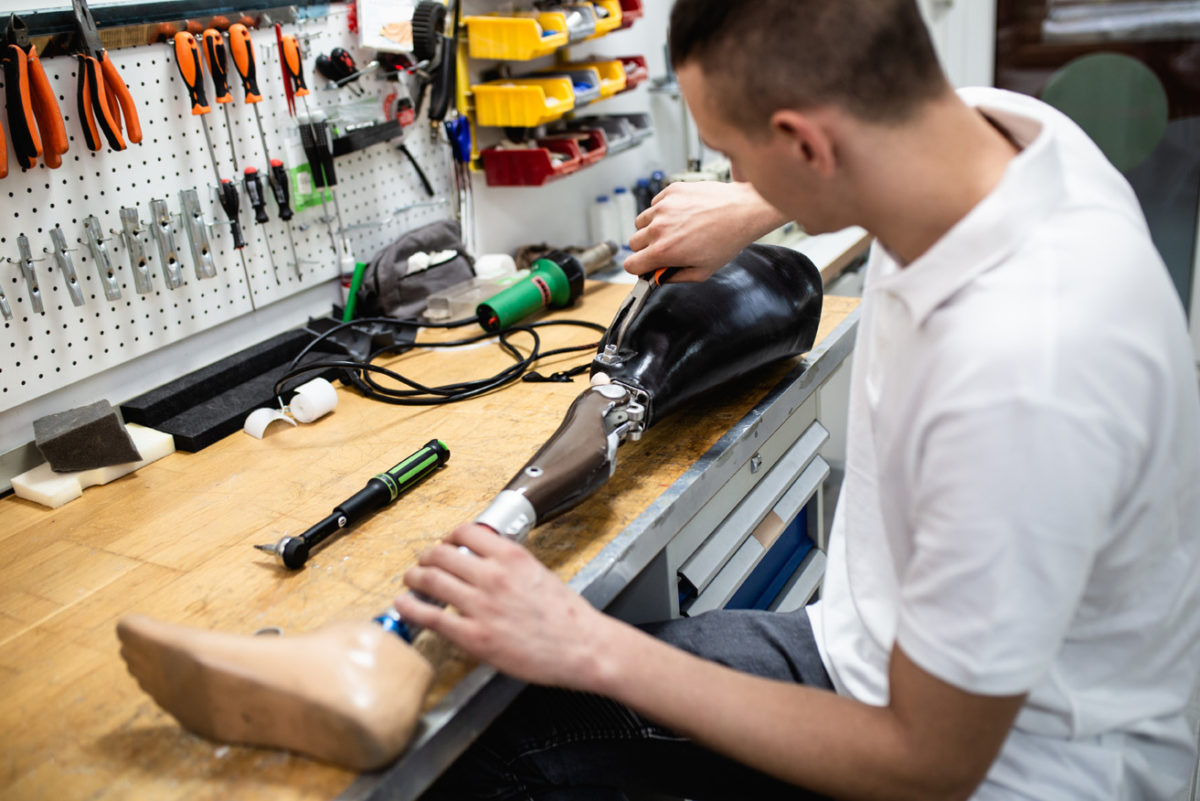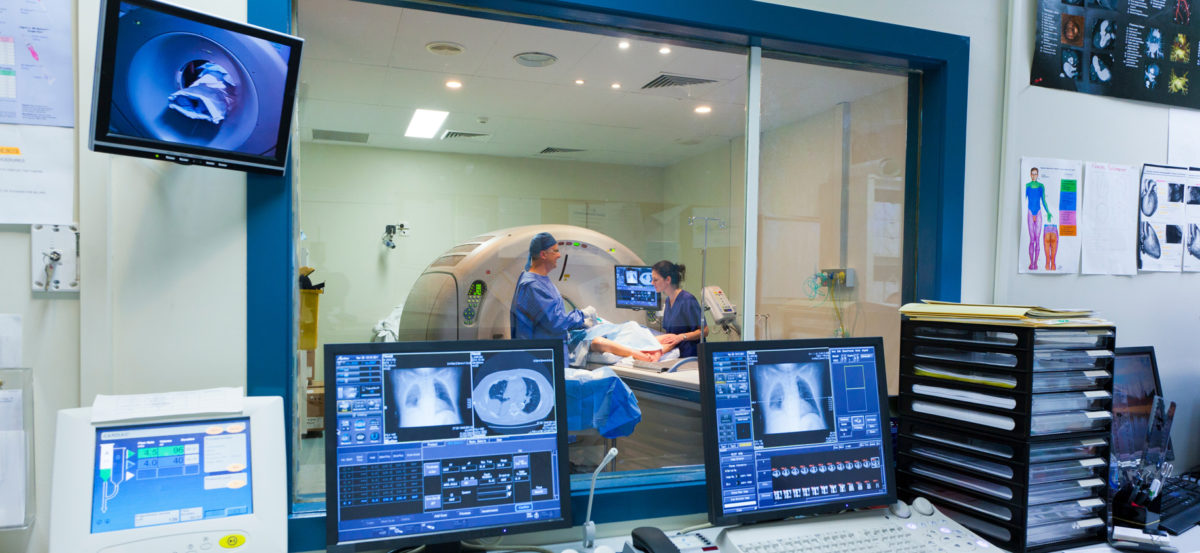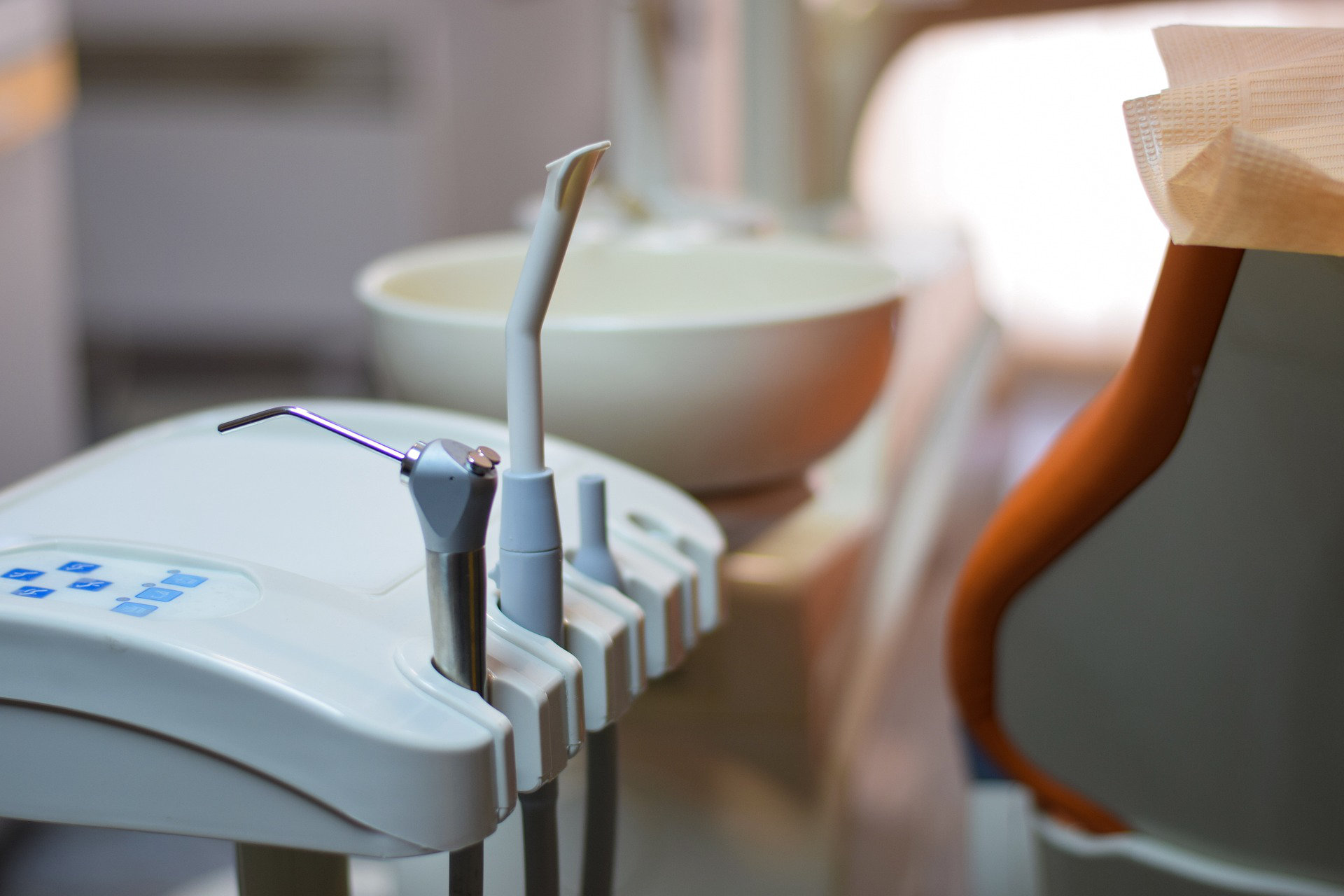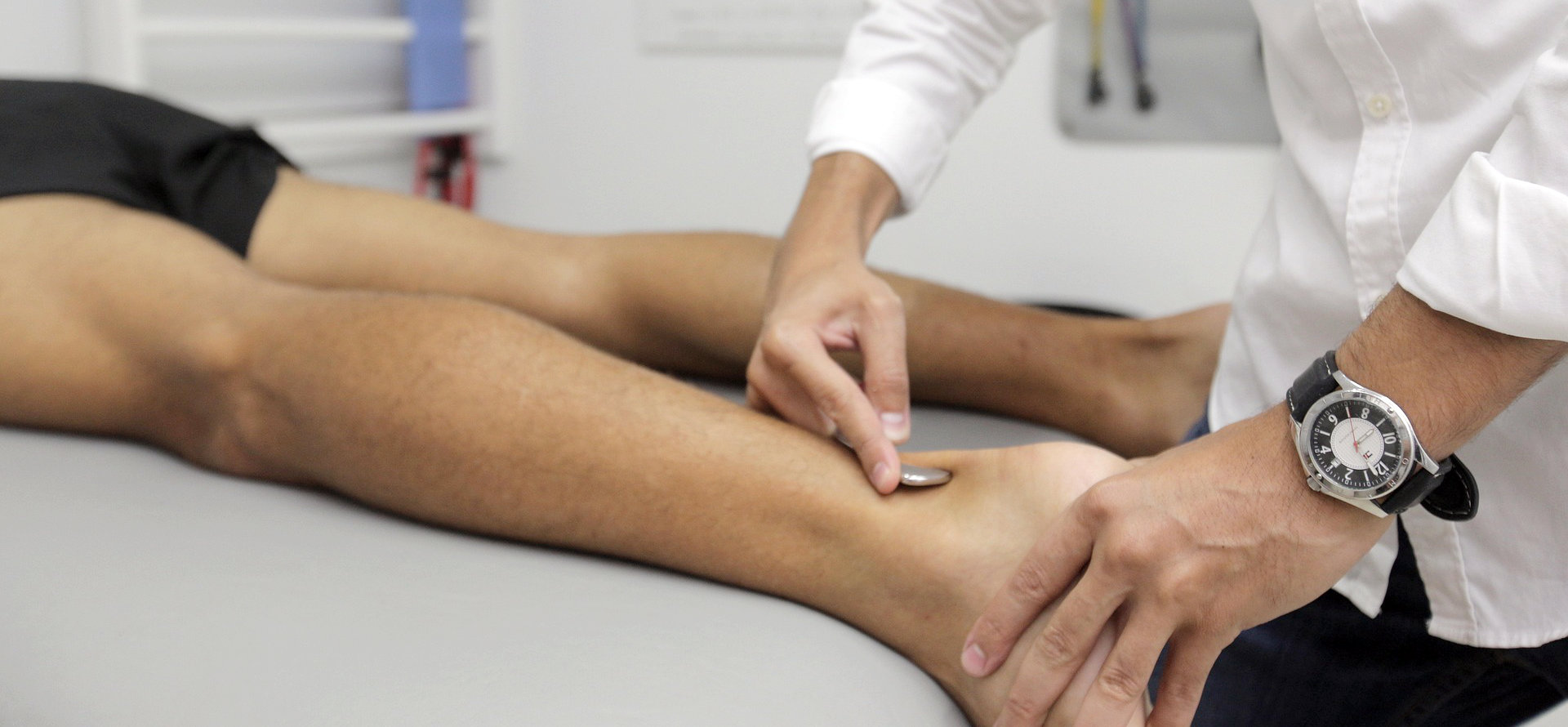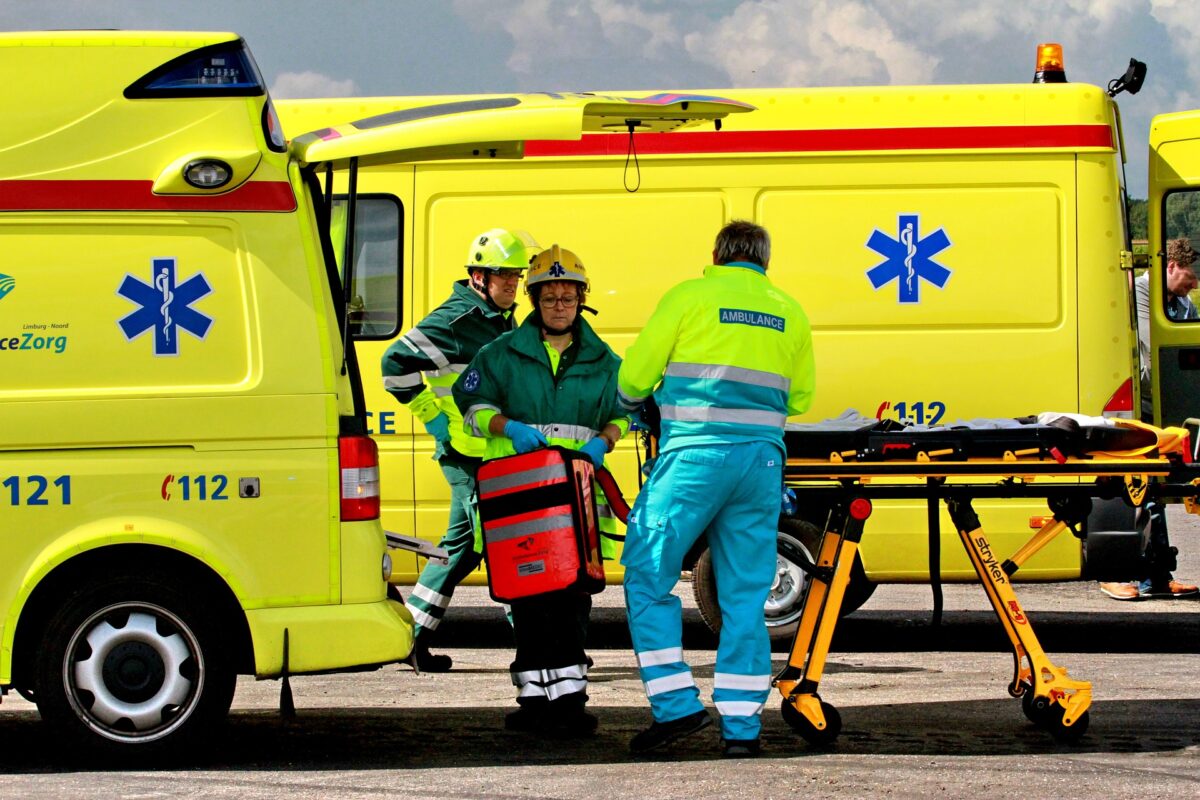Orthopaedic technology mechanic
LOCATION OF THE TRAINING PROVIDER
Hamburg
Duration
3 years
State Recognition
Yes
Type of Training/Education
Duale Ausbildung: Schule und Praxis
SPECIALS
–
Training ALLOWANCE
A training salary is paid that increases with the years of training.
What are my activities in this job?
Orthopaedic mechanical specialists make orthopaedic aids, such as prostheses, arm supports, bandages and wheelchairs. They advise patients based on their clinical profile regarding the various options for orthopaedic aids. They then prepare sketches of these aids and manufacture them. Orthopaedic mechanical specialists fit the orthopaedic aids to the patient and advise on their function and use.
Where can I work?
After training, you will find jobs mainly in orthopaedic technology and rehabilitation workshops or in medical supply stores.
What requirements must I meet?
- First general school leaving certificate
- A careful and precise way of working is desirable.
How much will the training cost?
There are no costs.
